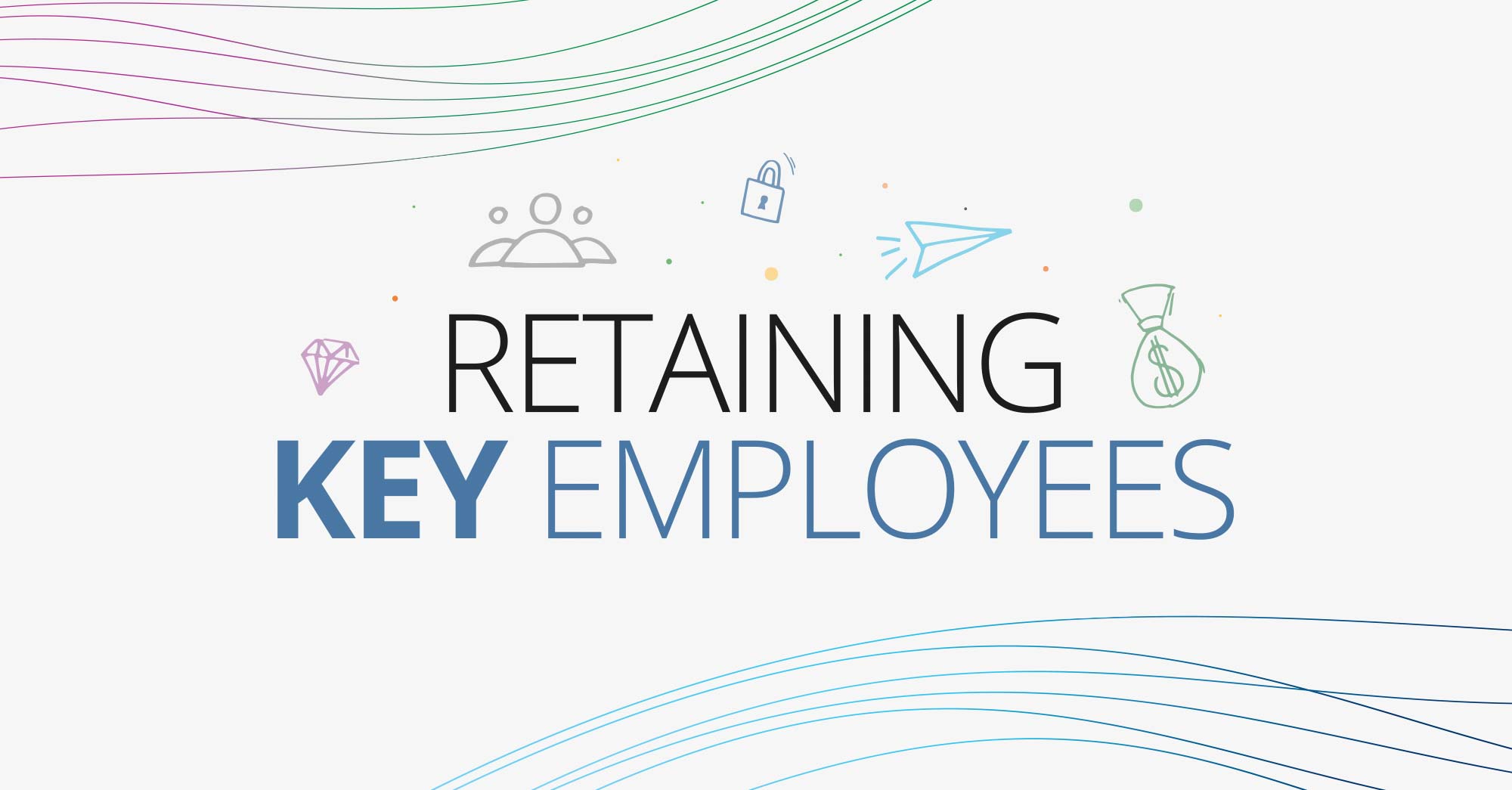Going public is a time of great opportunity, but also one of uncertainty, both for a company as a whole and those individuals working within it.
Change need not be a bad thing, but it can be unsettling, and in the context of a company going through the steps leading to an initial public offering (IPO), the loss of old certainties – or the prospect of that loss – can be enough to make some employees think about their future and perhaps cast an eye towards the exit door.
From the company perspective, part of the appeal of going public comes from identifying an IPO as a source of liquidity, but the last thing you want during and after going through the process is to lose key people. Amid the upheaval associated with going public, you – and, once on the other side of flotation, your shareholders – will value the stability that comes with having your key executives and other employees in place and continuing to perform to a high standard.
Individual employees will wonder what being publicly traded is going to mean for them, and one of the areas their thoughts will quickly turn to is that of equity compensation. Public company equity programs are handled differently than those of private counterparts, and if employees aren’t aware of that fact at the outset it won’t take them long to realise it.
That being the case, it is better they hear it from you, rather than have semi-informed speculation whispered into their ears by colleagues.
Developing a ‘Compensation Philosophy’
So, one of the primary challenges facing a company on the road to becoming publicly listed is to educate both themselves and their employees on what going public will mean for internal equity compensation practices. Beyond that, it will be crucial to articulate an overall vision and present a detailed plan that will have the desired effect of reassuring key people and managing retention.
With this in mind, companies should make time pre-IPO to formulate a compensation philosophy that will inform all aspects of how they compensate executives and other employees post-IPO. The point here is to ensure that your compensation arrangements once public will be competitive with other listed companies in your sector.
This will require that you identify a “peer group” of competitor companies, establish their respective approaches to employee compensation and use that as a benchmark to ensure that whatever changes you make to your own practices will be in sync with but ideally compare favourably to the plans of those other businesses.
Incentives to retain talent (beyond the IPO)

You need more than one-off incentives to retain top employees – you need a strategy
Long-term incentives (LTIs) will be at the heart of any effective post-IPO equity compensation strategy. These incentives will tend to be ongoing, perhaps even reviewed and updated on an annual basis. Privately held companies usually operate differently. They might issue stock options on favourable terms to founders and key personnel on one occasion early on, with this, depending on terms and conditions, intended to act as an incentive for those individuals to stay with the company for the long haul.
In the event of early employees still being with the company as it goes public, they stand to make a significant windfall assuming the flotation goes well. But if a company grants options on one occasion and those options are eventually exercised and sold… then what?
At the risk of stating the obvious, whatever retention power options hold disappears once they are exercised and sold. At that point, even if those employees turn a massive profit in the transaction, it still leaves the company exposed to a “What have you done for me lately?”-type scenario.
Publicly held companies looking to avoid this kind of scenario by regularly revisiting their equity compensation plans or structuring LTIs in such a way as to be ongoing, so to encourage long-term commitment and retention.
Whereas privately held companies typically focus on options, publicly traded companies will also offer performance share plans and restricted share units (RSUs).
Over time, companies come to use performance shares as a significant proportion of LTI, but they are less common in the early post-IPO period. Companies need to adjust to listed life before being in a position to establish the kind of multi-year performance goals needed for performance-based plans. So, for at least the first two-to-three years, companies tend to rely on stock options and RSUs. However, even allowing for this, among all US-based listed companies, performance-based plans account for about 50% of the senior executive LTI equity mix.
Offering grants to senior executives
Another approach taken by companies looking to keep senior executives on board during an IPO is to offer a one-time grant of equity incentives. One such award is a founders’ grant. Here, the award will generally be designed to bring the equity holding of these individuals up to the level that would be expected among their counterparts in established public companies. Owners might also opt for this approach if a) there had been no noteworthy options grants in recent years, and/or b) most existing awards will be fully vested around the time of the formal flotation. This can prove to be a critical incentive in managing retention.
Similarly, some companies will opt for special targeted retention incentives. Such a plan will target employees who take on additional duties related to the IPO process or individuals who have been identified as being a particular retention risk.
Also, some companies may opt for one-time IPO equity awards to all employees in the lead-up to the flotation. Broad-based grants such as this are designed to create an ownership connection and foster an associated mentality among the wider workforce.
Sudden wealth syndrome
Understandably, when it comes to going public and managing retention, most of the focus is on looking to ensure that key employees don’t bail out during what can be a tricky transition; however, there is another angle here worth considering, that of “sudden wealth syndrome”.
In this scenario, employees with share option grants on generous terms from early in the company’s life cash in on a successful flotation and become wealthy overnight. Some people will cope with this change better than others. Some might continue to work well and merely enjoy the trappings of their good fortune, some may have every intention of continuing to work well, but may struggle for focus and motivation, whereas others – depending upon the size of the windfall – might quit and retire to a remote beach.
When employees have become independently wealthy, the prospect of further financial rewards in the form of more equity may not have the desired effect. If a key executive decides they want to ride off into the sunset with their riches, then, up to a point, there is little you can do about it. However, what this scenario highlights are the need to find ways post-IPO to keep people passionate about and engaged in their work if the material gain box has been ticked.
This can mean looking to connect with people on the level of intrinsic (meaning and personal fulfillment) motivations, as opposed to tapping into purely extrinsic (monetary) concerns.
Our expert team has vast experience in guiding companies through the IPO process and can help you every step of the way.
Contact us today and benefit from our expertise.
Please Note: This publication contains general information only and Global Shares is not, through this article, issuing any advice, be it legal, financial, tax-related, business-related, professional or other. The Global Shares Academy is not a substitute for professional advice and should not be used as such. Global Shares does not assume any liability for reliance on the information provided herein.








